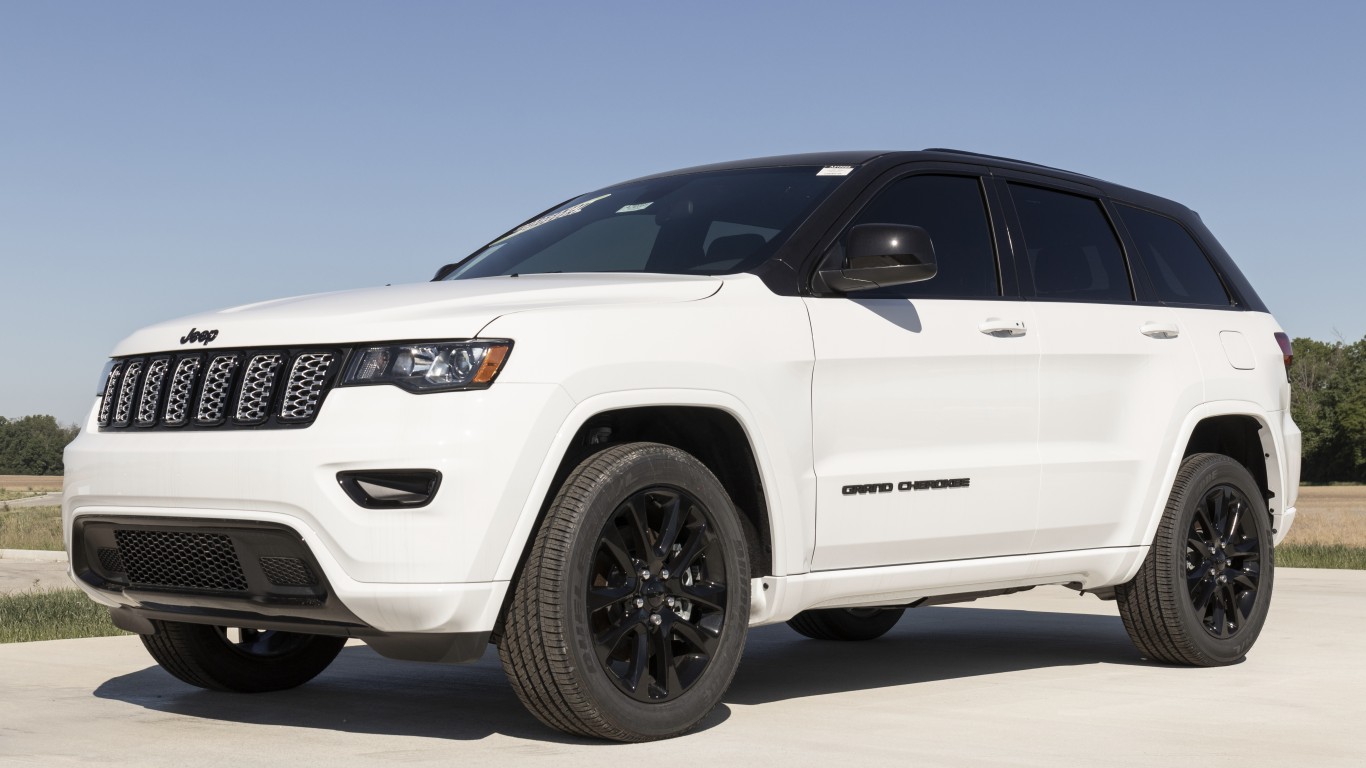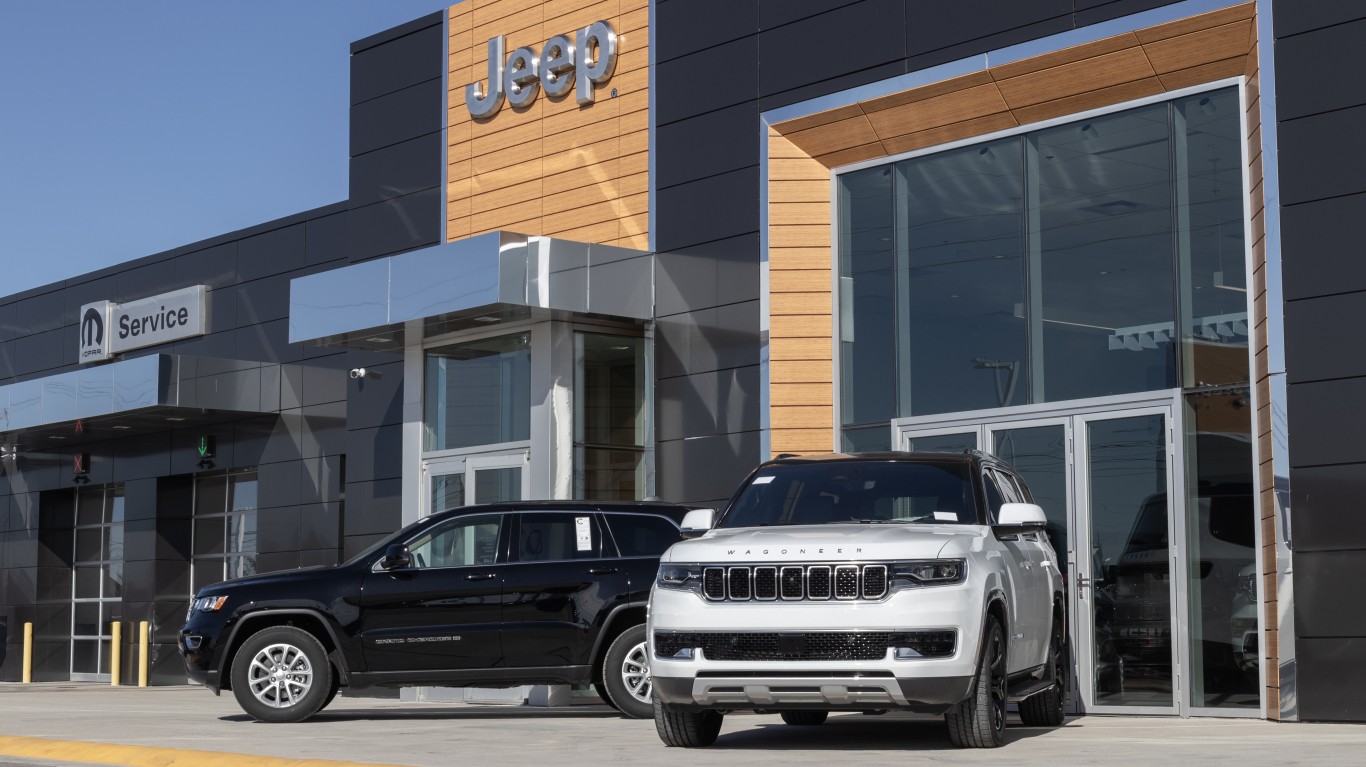Stellantis is the parent company of major car brands like Dodge, Chrysler, and Jeep. The industry giant is taking a massive hit in earnings, to the tune of $2.7 billion, all in just the first half of 2025. This significant loss comes at the hands of tariffs on EU auto imports. These tariffs could be responsible for raising the cost of imported vehicles by up to a whopping 30%. Stellantis is now forced to cut production and take a hard look at its current strategy.
The American auto industry as a whole is on the verge of significant change. Though Ford and GM continue to have stable domestic sales, they too could be impacted by tariffs on automotive parts. These tariffs, set at 25%, would drastically affect their bottom line and raise new car prices for consumers by an average of $7,500. This could be a major hit for companies who rely almost exclusively on the U.S. market. COVID-era supply issues proved that price surges can quickly kill customer demand.
In this slideshow, you’ll learn how tariffs could affect automakers’ earnings, what happened during past market shocks, and how consumer behavior might change as a result. From rising prices to shifting buying habits, these insights help paint a clear picture of the challenges ahead for the U.S. auto industry.
Stellantis Faces $2.7 Billion Earnings Hit
- Stellantis expects a $2.7 billion loss in the first half of the year
- Proposed U.S. tariffs on EU imports could raise prices on Stellantis vehicles by up to 30%.
Tariffs Threaten Production and Sales

- Rising import costs are forcing Stellantis to consider major production cuts
- Tariffs are putting downward pressure on sales across the board.
North American Sales Plunge 25%

- Stellantis reported a 25% year-over-year sales drop in North America for Q2
- In contrast, GM and Ford have seen relatively stable U.S. sales during this period.
Tariffs could Add $7,500 to Average New Car Price

- A 25% tariff on imported cars and parts could raise average new car prices by $7,500
- Ford and GM would be directly impacted due to their reliance on the U.S. market.
Why the U.S. Market Matters Most

- American automakers are structured around 15.9 million annual U.S. vehicle sales
- GM and Ford have limited overseas sales—domestic sales are crucial to earnings.
Tariffs could Mirror COVID-era Disruptions

- During the pandemic, new car prices rose 17% while sales fell 15%
- Tariffs could create a similar market disruption, delaying recovery.
Consumers May Stop Buying

- With new car prices rising, many Americans may delay purchases
- The average vehicle on the road is now over 12 years old—longer ownership trends may continue.
A Looming Shock for the Auto Industry

- A sudden spike in prices from tariffs could drastically reduce demand
- U.S. automakers could face a major sales slump if consumers retreat from new purchases.
The post U.S. Auto Prices Set to Surge by $7,500 as Tariffs Hit Stellantis With $2.7B Loss appeared first on 24/7 Wall St..
Click this link for the original source of this article.
Author: Christian Drerup
This content is courtesy of, and owned and copyrighted by, https://247wallst.com and its author. This content is made available by use of the public RSS feed offered by the host site and is used for educational purposes only. If you are the author or represent the host site and would like this content removed now and in the future, please contact USSANews.com using the email address in the Contact page found in the website menu.








